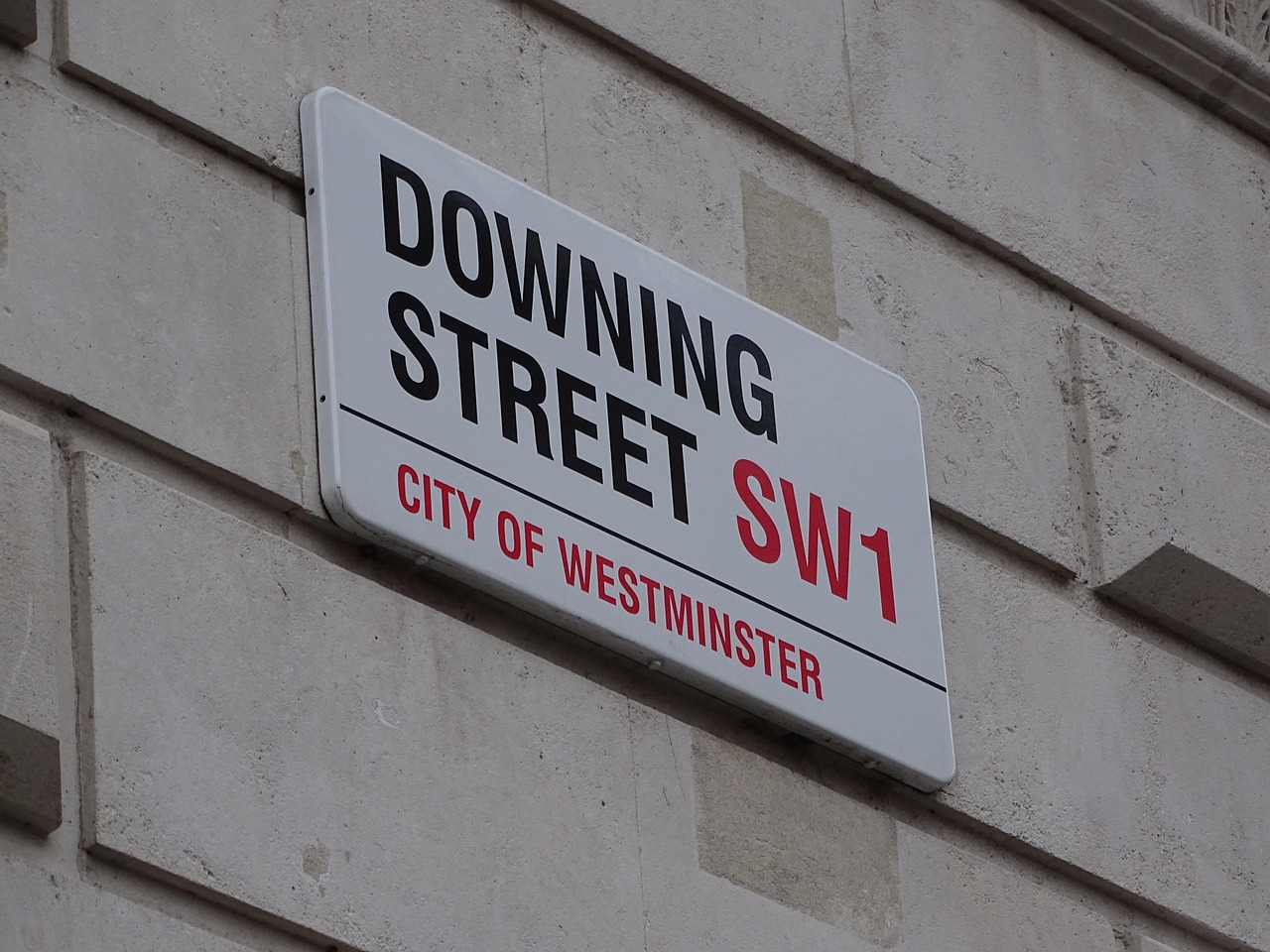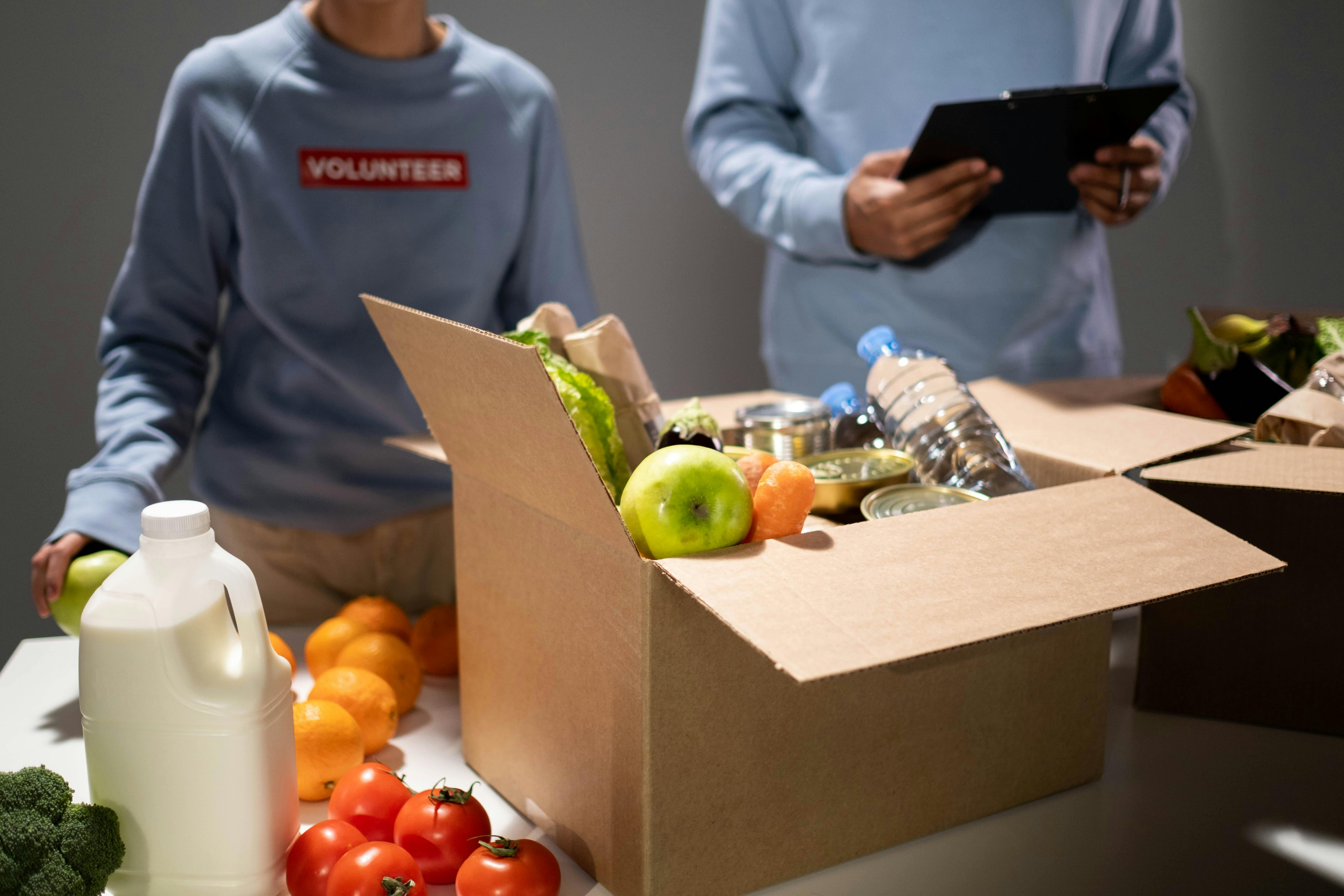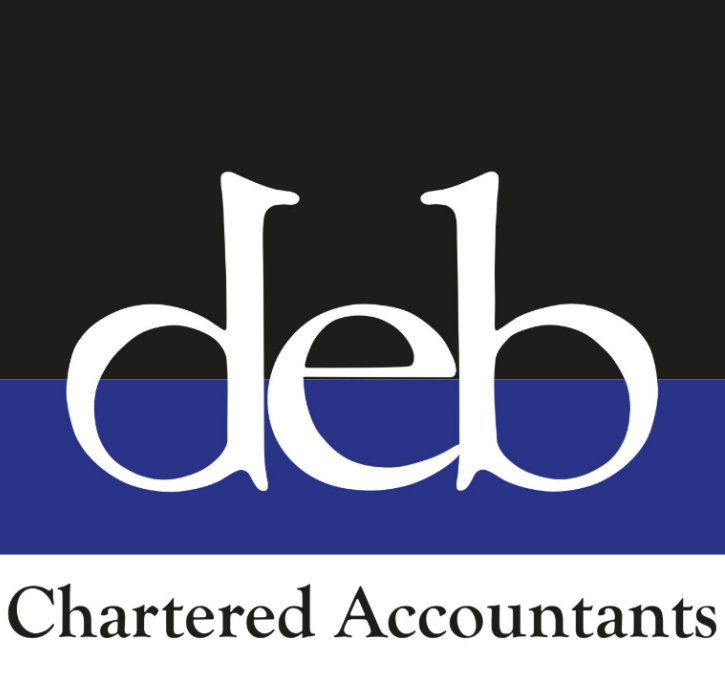
The latest figures show that the government had a surplus of £15.4 billion in January. This represents the difference between the tax it receives and what it spends.
Although this is the highest level of surplus for a January since records began over 30 years ago, it is lower than the £20.5 billion that was forecast. The Office for Budget Responsibility (OBR) have said that the shortfall was mainly due to tax receipts being lower than expected and debt interest becoming more expensive.
The chancellor has set two fiscal rules: (1) day to day government spending is to be funded by tax income and (2) debt needs to be falling as a share of national income by 2029/30.
Although the OBR said that the measures announced in the Autumn Budget would provide £9.9 billion of headroom, this wriggle room may have been eaten up over the last few months.
This means that speculation continues on whether Rachel Reeves will need to raise taxes or cut spending when she announces her Spring Forecast on 26 March 2025.
We will keep you posted on any developments that come from that announcement. If you would like advice or an estimate on how recent tax changes have affected you, please contact us and we would be happy to help you.
See: https://www.bbc.co.uk/news/articles/cly4z233zp4o

If your business is based in England and Wales, you can now view the future rateable value of your property.

Charity trustees in England and Wales now have new legal powers when considering moral payments: payments made because there is a moral rather than strictly legal obligation to transfer some of a charity’s property.
